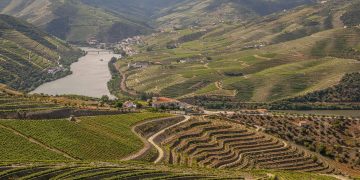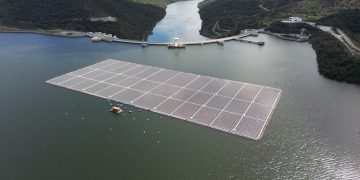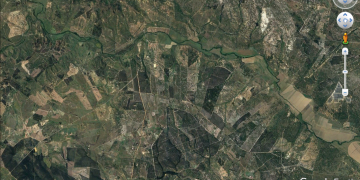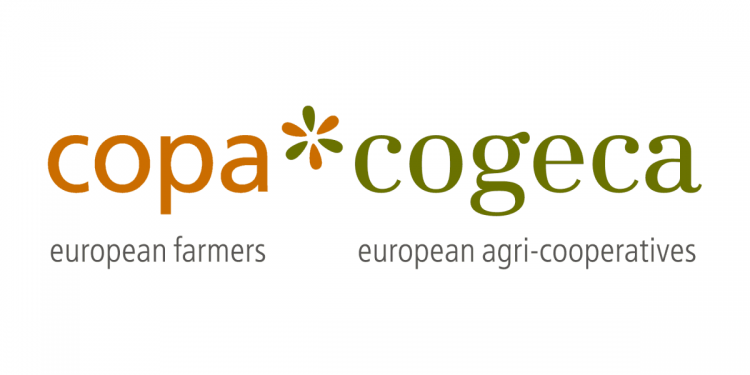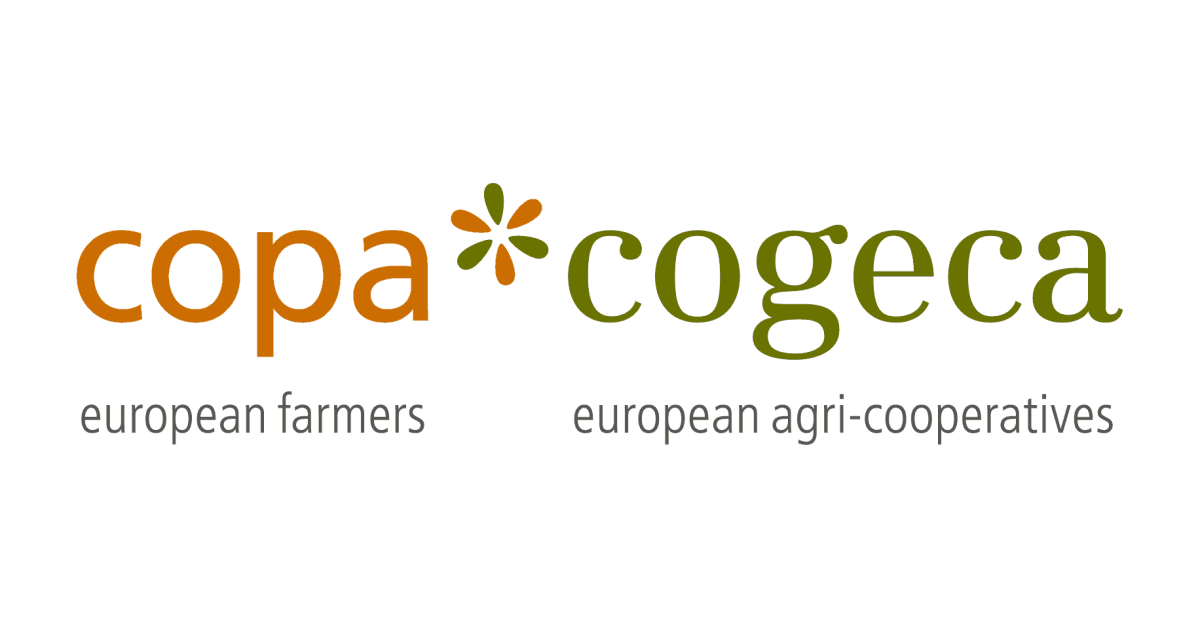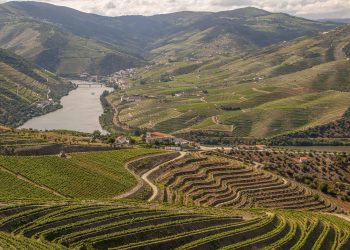As the EU-Mercosur Agreement continued to be pushed by the Commission, key EU agri-food organisations, as well as environmental and labour rights advocates, once again raise a strong, unified voice against the severe risks the agreement poses to EU food security, environmental goals, animal welfare, labour standards and farmers’ livelihoods.
The EU-Mercosur Agreement risks enabling unsustainable duty-free imports of rice, poultry, beef, sugar, maize and ethanol, much of which is produced under significantly weaker standards than those required in the EU. This raises serious concerns about environmental and social dumping, as Mercosur producers often operate without the same stringent safeguards on labour standards, deforestation, pesticide use (for example over 30 active substances approved for use in sugarcane in Brazil have been banned for use in sugar beet in the EU and 52% of the substances authorised for use on maize are not in the EU), sustainable land management, and carbon emissions- all of which EU farmers must comply with. The sustainability provisions of the deal are neither binding nor sufficient to prevent adverse health, environmental and employment impacts, leaving EU farmers and the economy exposed to unfair competition.
The economic strain and falling prices on EU producers are already evident, with one-third of EU poultry imports (in both quantity and value) already coming from Mercosur countries, and increasing volumes of beef, sugar, maize, honey and ethanol poised to enter the EU market. The lack of reciprocity in production standards and costs, combined with market deregulation, further exacerbates this imbalance, creating an unlevel playing field that risks job losses, farm closures, and factory shutdowns across Europe. This deal would also undermine consumer trust in European food, further destabilise markets, and jeopardize the high standards that define EU agriculture.
The cumulative impact of this agreement will only compound existing pressures. Any additional quantity for sensitive sectors will further undermine EU sustainability, farmers’ livelihoods, and their very survival.
Similarly, animal welfare standards in Mercosur countries fall far short of the rigorous protections enforced in the EU, creating an ethical imbalance that undermines the high welfare practices upheld by European producers. Sanitary risks exist too, for instance recent DG SANTE audits reveal deficiencies in Brazil’s surveillance of Avian Influenza, potential underreporting of outbreaks, and the use of banned chemical decontamination methods (e.g., chlorine-washed poultry). Concerns also arise from the lack of full traceability in some Mercosur countries, which is particularly problematic for beef imports, as it prevents any certainty regarding the true origin of the animals and whether production is linked to deforested areas.
Additionally, labour exploitation risks are heightened due to weaker labour protections in Mercosur countries. Despite having ratified the relevant conventions, violations of core ILO conventions on the abolition of forced/bonded labour and child labour are being reported in Mercosur countries. Moreover, according to the ITUC Global Rights Index[1], all Mercosur countries except Uruguay are reported to regularly violate workers’ rights, in particular the right to freedom of association, the right to collective bargaining and the right to strike. This not only threatens the rights of workers in Mercosur states but also risks having a negative impact on wages, jobs and working conditions in Europe due to the import of products linked to poor labour practices.
The most recently added safeguards are nothing more than a communication tool to sell the agreement. Thresholds and triggers are not relevant or are set so high that they would be nearly impossible to activate, offering no real protection to affected sectors. The so-called safeguard clause lacks practical relevance, failing to provide a backstop against structural market imbalances and unfair competition. The agreement also falsely claims environmental, labour and deforestation protections, as its so-called clauses lack enforceability, with no sanction mechanisms to ensure compliance. Tens of thousands of hectares of land remain at risk of deforestation annually as a result.
Worse still, the inclusion of a unique “rebalancing mechanism” demonstrates the EU’s inability to defend its own standards in this deal and make us fear for the future, putting at risk its agriculture, labour standards, climate policies and sovereignty.
This deal remains unacceptable, a betrayal of farmers, workers and consumers, compounded by questionable democratic and judicial procedures. What we need are coherent policies that support EU sovereignty and sustainability and for trade to be transparent and fair.
Fonte: Copa Cogeca

